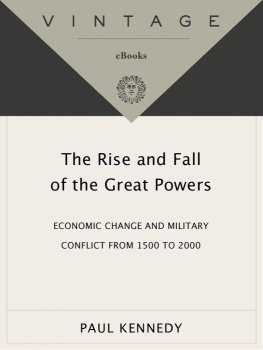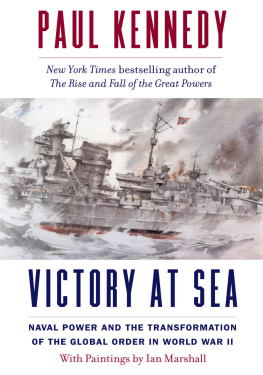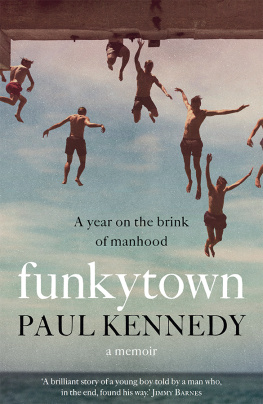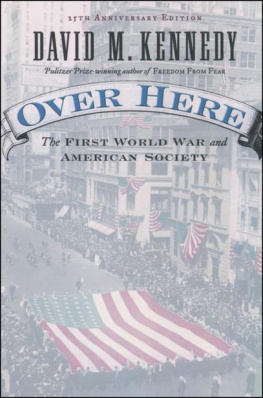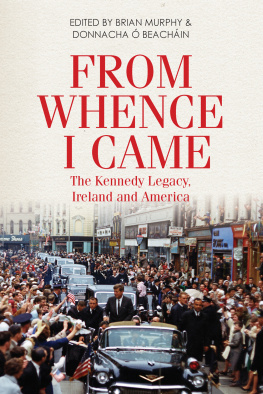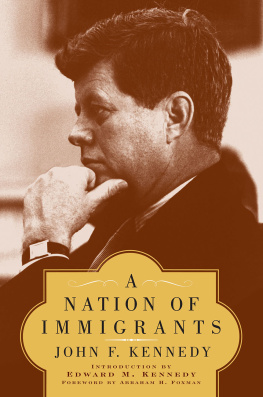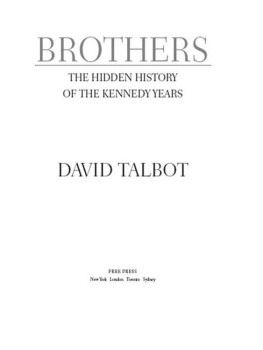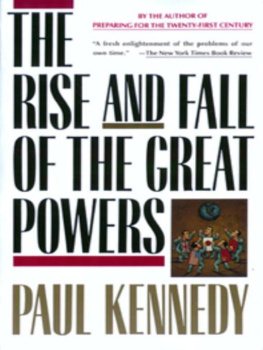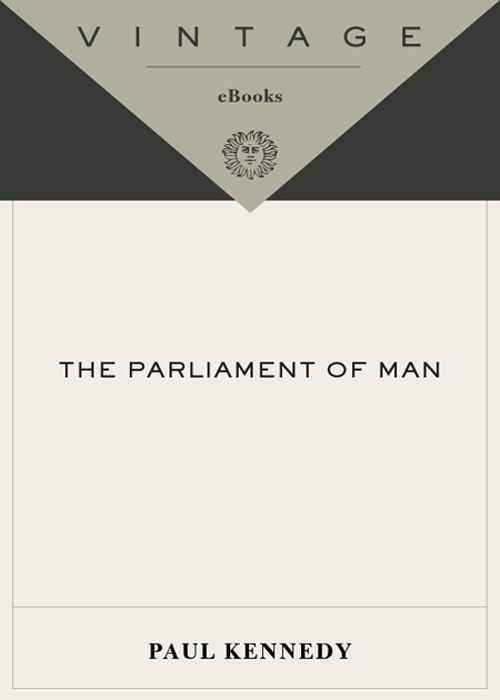
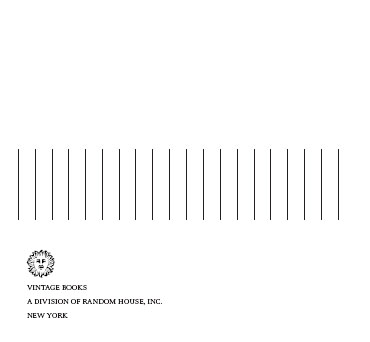
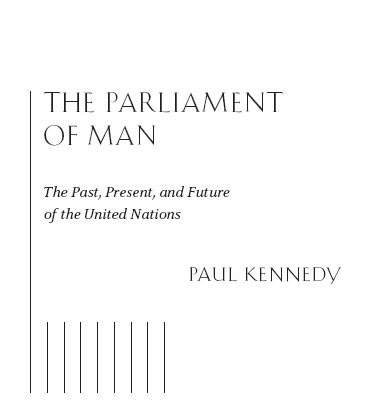
Contents
To the new members of my lovely extended family,
Cynthia, Sophia, Catherine, and Olivia
and
To the constant friends of my life,
Jim, John and Cinnamon, and Matthew Kennedy
For I dipt into the future, far as human eye could see,
Saw the Vision of the world, and all the wonders that would be;
Saw the heavens fill with commerce, argosies of magic sails,
Pilots of the purple twilight, dropping down with costly bales;
Heard the heavens fill with shouting, and there raind a ghastly dew
From the nations airy navies grappling in the central blue;
Far along the world-wide whisper of the south-wind rushing warm,
With the standards of the peoples plunging thro the thunder-storm;
Till the war-drum throbbd no longer, and the battle-flags were furld
In the Parliament of man, the Federation of the world.
There the common sense of most shall hold a fretful realm in awe,
And the kindly earth shall slumber, lapt in universal law.
ALFRED, LORD TENNYSON,
Locksley Hall (1837)
A Note on the Title
In 1837, the young, promising English poet Alfred Tennyson wrote a lengthy, rambling work called Locksley Hall (named after a run-down mansion in Staffordshire), in which he ruminated about the future of the world. It is a curious, moving work, full of inventions, lurid language, and juvenile optimism. It foresees the coming of airpower and the bombing of cities (there raind a ghastly dew) but also forecasts that the nations of the world, realizing they could destroy one another, might mutually agree to form a political federation, the Parliament of man.
Tennysons vision influenced many people in the English-speaking world, especially those who urged the end of mass warfare and the creation of international organizations to resolve disputes peacefully. A century or so later, one of Tennysons fans was a junior senator from Missouri named Harry Truman, who had recently been elected vice president of the United States. On April 12, 1945, he became the most powerful man in the world following the death of Franklin Roosevelt. On his shoulders was laid the responsibility for much of the postwar order. Those were, fortunately, very broad shoulders.
Locksley Hall had a profound effect upon Truman, and for years he kept a clipping of the lines used as this books epigraph. When puzzled senators and staffers asked Truman about his commitment to international organization, at the 1945 San Francisco conference and later, he was happy to reach into his wallet and read that passage from Locksley Hall. Most times, his listeners got the point. Mankind was going to destroy itself unless it invented some form of international organization to avoid conflict and advance the common humanity. The ghost of Tennyson, but also that of Harry Truman, runs through the present work.
Preface
In the course of the twentieth century, there occurred a development unique in the story of humankind. States, which had defined themselves from Thucydides to Bismarck by their claims to sovereign independence, gradually came together to create international organizations to promote peace, curb aggression, regulate diplomatic affairs, devise an international code of law, encourage social development, and foster prosperity. The emergence of this network of forms of global governance was not straightforward. It involved many setbacks and aroused much resistance from those who felt their power and privileges threatened by such a trend. For every voice favoring global cooperation there was another, warning against the erosion of national sovereignty. The debate is just as heated today as it was generations ago. Nevertheless, were a diplomat or editor of the year 1900 to be transported to our present world, he or she would be astonished at the role that international bodies play on behalf of global society.
The best-known and most ambitious of these bodies is the United Nations organization. Established in 1945 by the victor states of the Second World War, it inherited many of the features of that earlier experiment in global cooperation, the League of Nations. Yet it also represented a great increase in the Leagues functions and powers, whether in the realms of conflict resolution, human rights, or economic affairs. To be sure, this increase was conditional and constrained, for the United Nations could never escape the central paradox of all international bodies. The paradox is this: Since the world organization was created by its member states, which acted like shareholders in a corporation, it can function effectively only when it receives the support of national governments, especially those of the larger powers. Nations can ignore the world body, as did the USSR in 1950 and the United States in 2003 (and many a rogue state in recent years), but that usually comes at a price. Conversely, the organization cannot pursue proposed actions if a Great Powerthat is, one of the five countries possessing the vetois opposed. This tension between sovereignty and internationalism is inherent, persistent, and unavoidable. Unless the reader understands that this tension was built into the system from the beginning, it is impossible to follow the United Nations story over the six decades since 1945.
This study traces the evolution of the United Nations during that length of time, assesses what it has done well and where it has failed, and considers its prospects in the years to come. It rests upon the reasonable assumption that whether we approve of the organizations past record or not, the changes taking place in world society will make us turn to it again and again. If international bodies did not at present exist, we would be compelled to create them, though probably in a somewhat different fashion from what exists. But they are there, and we often need them. It therefore follows that an understanding of how and why the world organization was established, what it can and cannot do, and what potential exists to enhance its usefulness should be the common property of every educated man and woman.
It is hard to describe the purpose and form of this book in a single sentence. It might be described as an intellectual history of the United Nations, but it is not quite that because it ventures into many other genres of history and politics and is just as interested in policy outcomes as in the ideas that caused them. It is a study of changing visions of international structures and how they were used to achieve common human purposes in fields where individual nations could not satisfactorily act alone. It is less concerned with formal UN institutions and proceedings per se and much more with the way in which the organization worked, how it was altered to carry out a new activity, and, especially, why that new activity came to be seen as a further, proper role for the world body. It is a study of evolution, metamorphosis, and experiment, of failure and success. It is, most certainly, not a handbook to the alphabet soup of the acronymic UN offices or a bureaucratic history of how this hydra-headed organism grew over time. In sum, the subject matter is too complex and entangled to allow for easy categorization. Let us just say that it is a story of human beings groping toward a common end, a future of mutual dignity, prosperity, and tolerance through shared control of international instruments. It is also a tale of multiple setbacks and disappointments.
Next page

